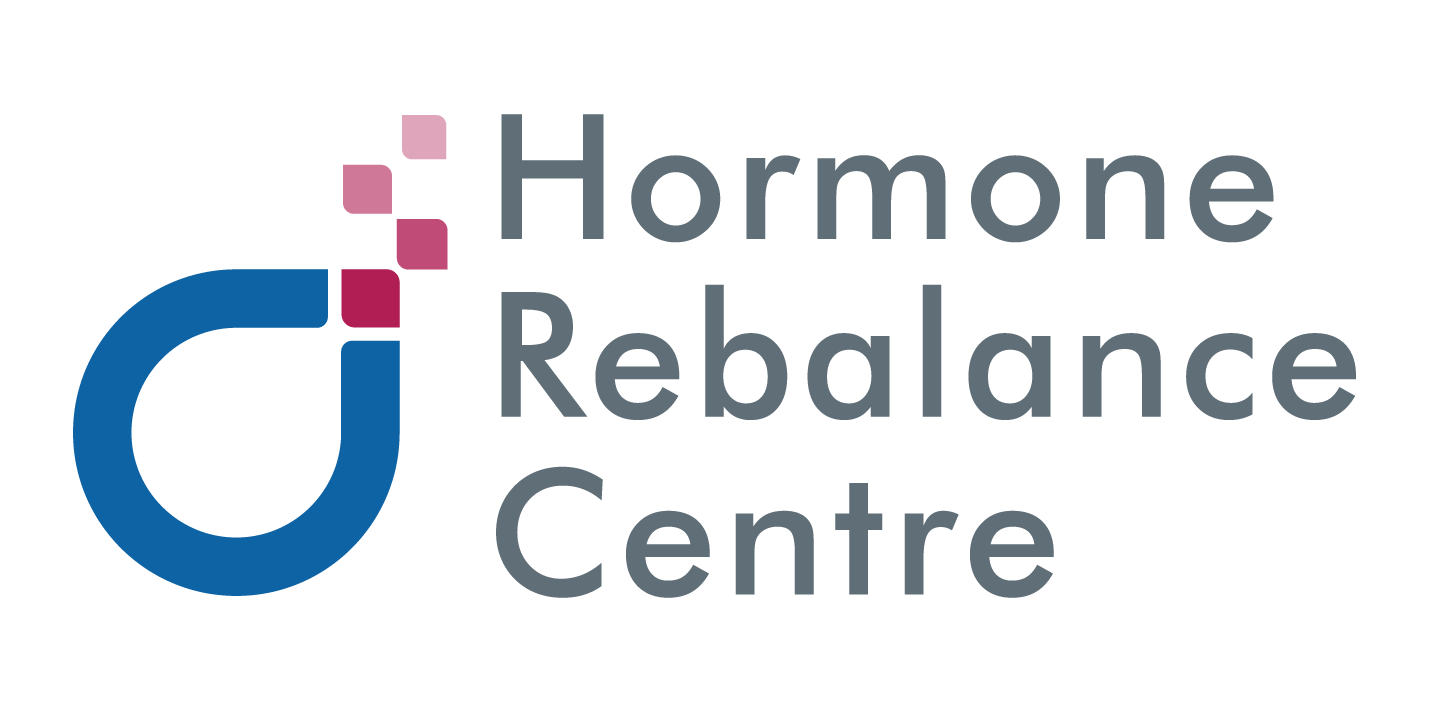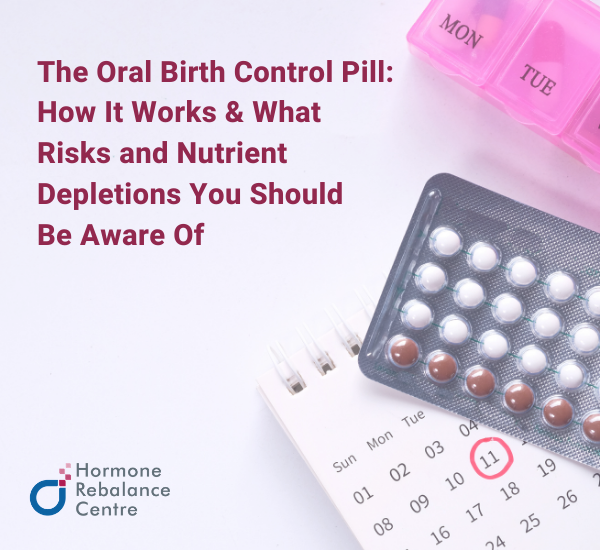The Oral Birth Control pill, colloquially referred to simply as “the pill” has a varied and long running history. Developed in the 1950s, it was the brainchild of a group of strong women who were ready for every woman to finally hold the key to her own body. These women were responsible for the idea, the funding, the research and development and ultimately, the distribution and education that brought the pill into the hands of women around the world.
Many women are prescribed with the birth control pill, whether for its intended use of preventing pregnancy or for various other approved uses such as clearing acne, reducing heavy bleeding, reducing menstrual pain or regulating cycles. Many of these women will stay on the pill until they are ready to conceive or until any side effects become too uncomfortable.
The goal with this article is to educate on the benefits and risks of using the oral birth control pill, the potential issues that may arise for women on the pill and also share how you can best support your body while taking the pill. Please note that is it NOT meant to advise you on whether you should get on it, get off it or to condemn its use, simply to help women make educated and informed decisions.
How The Pill Works
There are many different types of birth control pills (BCPs), but they all generally work in the same manner: they provide the body with external hormones so it suppresses its own natural production.
Hormones act as chemical messengers within the body. When a woman is menstruating, her cycle is controlled by these hormones! Here is how a basic cycle works:
Days 1-7: are the bleeding phase. Estrogen is rising and progesterone is low.
Days 8-13: estrogen continues to rise until…
Day 14: Ovulation. The release of the egg signals the body that pregnancy may occur.
Day 14-21: when the body is building up the uterine lining to house a potential baby, progesterone is being produced by the corpus luteum- the egg that has not been fertilized.
Day 21-28: Progesterone and estrogen fall in response to lack of a fertilized egg and lead into the bleeding phase.
When hormones perform naturally, such as in a female who is not taking the pill, the rise and fall of estrogen and progesterone is very tightly monitored. These hormones are responsible for maintaining a natural flow and rhythm in a woman’s body, and of course setting stage for getting pregnant and maintaining a pregnancy.
With the oral pill however, a woman is exposed to a set level of synthetic estrogen and progesterone all throughout the month and is no longer going through the natural fluctuations that are normal for the body to go through. The pill suppressed LH and FSH, which means it suppresses ovulation – hence the reason why it prevents pregnancy.
It also works by thinning the uterine lining, which is why women experience lighter periods and possibly reduced cramping, along with thickening the cervical mucus in the vagina, which further works towards preventing pregnancy.
But what about the period I get on my week off?
The pill usually is made of 3 weeks of active hormones, and one week of sugar pills. While it may seem like you are having a regular cycle while taking the pill, you are in fact, not having a cycle at all.
The rise and fall of hormones as we discussed above is not happening in the same way it would in a natural state, so when you bleed during week 4 of your pill pack, this is a sign that your body is withdrawing from the estrogen in the active pills. There is no ovulation on the pill and the uterine lining does not thicken. This withdrawal bleed is a normal and expected result of starting sugar pills or stopping the active pills.
Benefits associated with The Pill
- Low risk of pregnancy
- Efficacy of pill increases with proper use but is capped at 99%
- Lowered risk of endometrial cancer
- When the uterine lining doesn’t build up, as when taking the pill, there is less risk of compounded build up which may increase cancer risk
- Reduction of period-related problems such as cramping, heavy periods and even hormonal acne
- Predictability – since the pill works by forcing the body into a 21 day hormone supplementation, followed by 7 days off when a withdrawal bleed is expected, this does help make your period more predictable than what women with a natural cycle can experience.
Risks associated with The Pill
Now that you know how the pill works and the benefits of choosing the pill, what are some of the risks involved with choosing the pill over other forms of birth control?
1. Nutrient depletion
A common side effect of the pill is the depletion of important vitamins and minerals. These include vitamins B, C and E along with the minerals such as magnesium, selenium and zinc. B vitamins play a major role all throughout the body and can wreak havoc if depleted.
Vitamin C is a potent antioxidant and is responsible for cancer prevention, immune health and hormone health! It is also involved in the stress response and is related to natural hormone levels in the body!
Magnesium, selenium and zinc are used in over 500 different reactions in the body and are responsible for muscle movement, thyroid health and immune health.
Avoiding Nutrient Depletion
- The best way to avoid nutrient depletion is to ensure you are eating a healthy diet with a variety of vegetables and fruit (eat the rainbow as they say). B vitamins and minerals like magnesium, zinc and selenium are widely available and may be best absorbed from foods like dark leafy greens, whole grains and nuts and seeds.
- Vitamin C is found with color! Think of oranges and bell peppers, broccoli and sweet potatoes! Ensure you eat a variety of colors to benefit from all of the vitamin c and other nutrients hidden within.
- If you are concerned that you may be low in these or other nutrients, a simple blood test can provide you with the answers you need and proper supplementation may be an appropriate option as well.
At the Hormone Rebalance Centre we offer comprehensive testing and customized recommendations based on what you may be deficient on and what imbalances you may have.
2. Blood Clots, DVT (Deep Vein Thrombosis) and stroke
While the risk of developing a blood clot, deep vein thrombosis or having a stroke while taking birth control pills is quite low, it is an associated risk. The risk appears to be higher in women who are smokers, over age 35, or have other health factors that may be associated with development of blood clots, such as uncontrolled high blood pressure or coagulation problems.
It does appear that brands which offer lower doses of estrogen per pill have better outcomes than those that offer high doses, and that the pill is safer than the patch, which can deliver up to 60% MORE estrogen than the pills.
3. Increased cancer risk
Although the pill offered reduced cancer risk as it pertains to the endometrium, it is associated with higher cancer risk of the breasts, liver and cervix. Again, the risk is low but is a real possibility. It is recommended that women who may already be at a higher risk of (or have had) estrogen-mediated breast cancer avoid hormonal birth control if possible.
This article is not intended to tell you if you should take the birth control pill or not. Instead, it has been written as a form of education for our patients and community. We hope that by sharing this information with you, both the positive and negative, that you will be better equipped to make an educated decision along with your health care professional.
A Quick Recap
- The pill provides the body with synthetic forms of estrogen and progestin, or just progestin which fool the body into thinking it is going through the menstrual cycle
- Cyclic bleeding on the pill is not a cycle, but is a “withdrawal bleed” from the 21 days of taking active hormone pills
- Benefits
- Preventing pregnancy
- Reduction of PMS and period-related symptoms
- Lowered risk of endometrial cancer
- More cycle predictability
- Risks
- Vitamin B, C and E depletion
- Magnesium, selenium and zinc depletion
- Increased risk of blood clots, DVT and stroke
- Increased risk of breast, liver and cervical cancers
If you would like more information on the risks and benefits of the pill, are interested in nutrient testing, or optimizing your body while taking the pill, please reach out to our team of Naturopathic Doctors at Hormone Rebalance Centre! We offer complimentary discovery calls and would be happy to discuss our Wellness Philosophy and treatment options with you!


No Comments